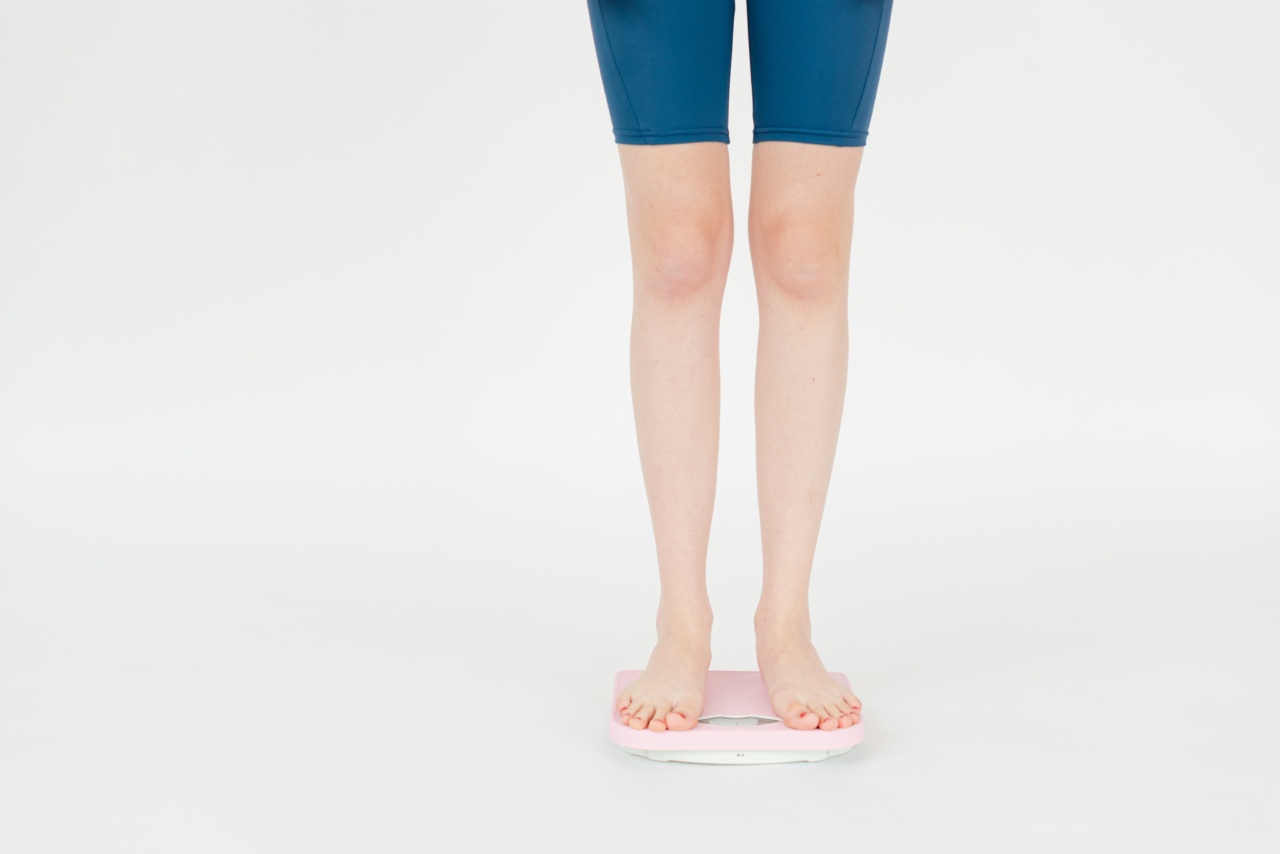High blood pressure, also known as hypertension, is a common health concern that affects millions of people worldwide. If left untreated, it can lead to serious cardiovascular complications, such as heart disease and stroke.
However, by adopting healthy habits and making positive lifestyle changes, you can effectively manage and control your blood pressure levels. In this article, we will discuss ten essential healthy habits that can help you maintain better blood pressure control and improve your overall well-being.
1. Follow a Balanced and Nutritious Diet
Eating a well-balanced diet rich in fruits, vegetables, whole grains, lean proteins, and low-fat dairy products is crucial for managing blood pressure. Reduce your salt and sodium intake by avoiding processed foods and limiting the use of table salt.
Incorporate magnesium and potassium-rich foods like bananas, oranges, spinach, and almonds into your meals, as these minerals help regulate blood pressure levels.
2. Maintain a Healthy Weight
Excess body weight contributes to high blood pressure and increases the risk of developing other health conditions. Aim to achieve and maintain a healthy weight by engaging in regular physical activity and following a nutritious diet.
Losing as little as 5% of your total body weight can have a significant impact on your blood pressure levels.
3. Engage in Regular Physical Activity
Regular exercise plays a vital role in maintaining optimal blood pressure levels. Aim for at least 150 minutes of moderate-intensity aerobic activity, such as brisk walking or cycling, every week.
Additionally, incorporate strength training exercises twice a week to further enhance your cardiovascular health.
4. Limit Alcohol Consumption
Excessive alcohol consumption can lead to high blood pressure and various other health problems. It is essential to moderate your alcohol intake or avoid it altogether.
Men should limit themselves to two drinks per day, while women should stick to one drink per day.
5. Quit Smoking
Smoking not only damages your lungs but also contributes to high blood pressure and increases the risk of heart disease.
Quitting smoking is one of the most impactful steps you can take to improve your overall health and effectively lower your blood pressure.
6. Reduce Stress Levels
Chronic stress can significantly impact your blood pressure levels.
Engaging in stress-reducing activities like meditation, deep breathing exercises, yoga, or spending time doing hobbies you enjoy can help alleviate stress and lower your blood pressure.
7. Limit Caffeine Intake
Caffeine can temporarily raise your blood pressure, so it is advisable to limit your consumption. Monitor your caffeine intake from coffee, tea, energy drinks, and other sources and opt for decaffeinated alternatives whenever possible.
8. Get Sufficient Sleep
Poor sleep patterns and insufficient rest can contribute to hypertension. Aim for seven to eight hours of quality sleep each night.
Establish a regular sleep routine, create a comfortable sleeping environment, and avoid stimulating activities before bedtime.
9. Monitor Your Blood Pressure Regularly
Regularly checking and monitoring your blood pressure levels is crucial for better control. Invest in a home blood pressure monitor and follow your healthcare professional’s recommendations for tracking and recording your readings.
10. Seek Professional Medical Advice
If you have high blood pressure or are at risk, it is essential to consult with a healthcare professional.
They can provide personalized advice, prescribe medications if necessary, and guide you on the most suitable lifestyle modifications to effectively control your blood pressure.































